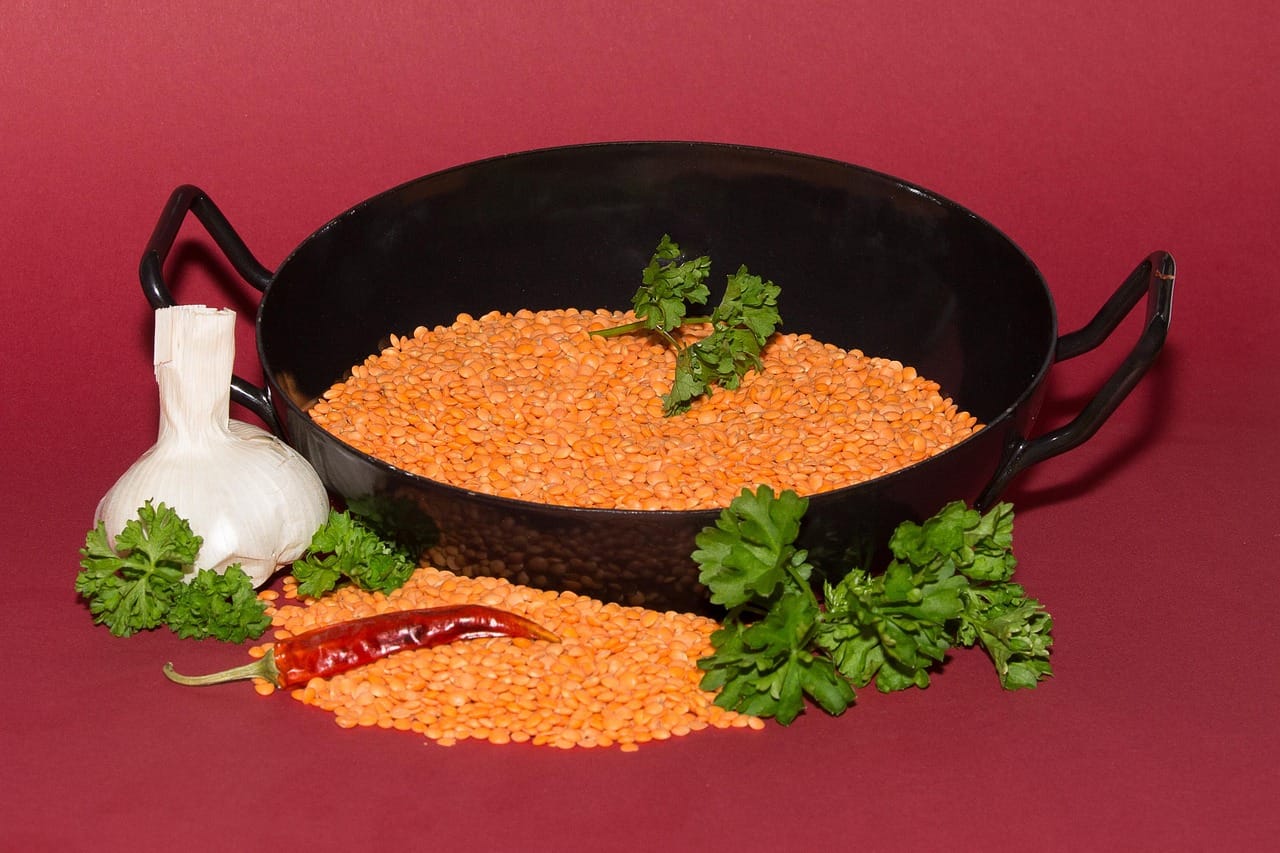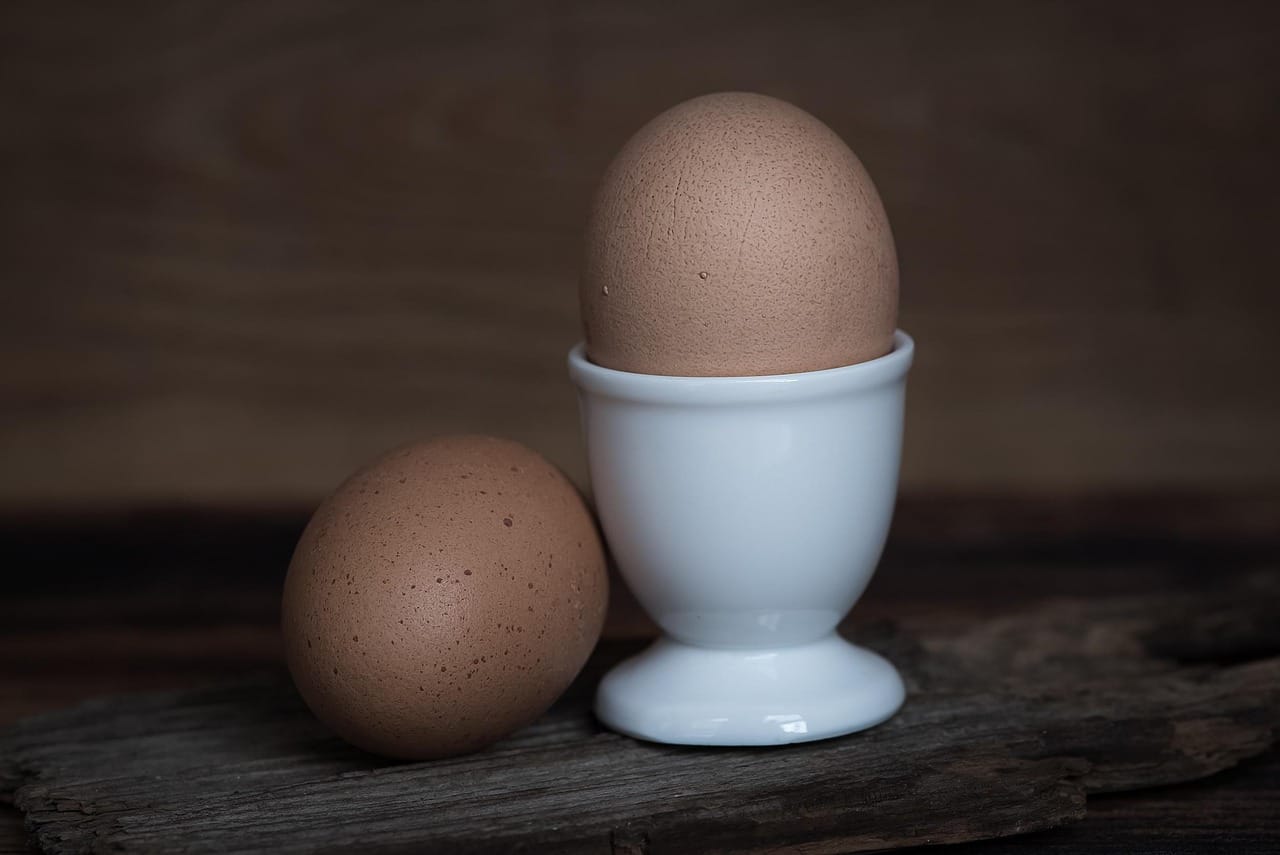The search for the perfect vegan burger is a quest undertaken by vegans, vegetarians, and flexitarians alike. No longer relegated to dry, flavorless patties, the modern vegan burger has exploded onto the culinary scene, offering a diverse range of tastes, textures, and ingredients. Whether you’re craving a juicy, plant-based “bleeding” burger or a hearty, whole-food creation, there’s a vegan burger out there to satisfy every craving. This comprehensive guide will explore the world of vegan burgers, from their nutritional benefits to crafting your own masterpiece at home.
What Makes a Great Vegan Burger?
Key Characteristics of a Delicious Plant-Based Patty
The ideal vegan burger mimics the satisfaction of a traditional beef burger while aligning with ethical and environmental values. This involves several key factors:
- Texture: A good vegan burger should have a satisfying bite. It shouldn’t be mushy or crumbly.
- Flavor: Umami is key! Whether it comes from mushrooms, roasted vegetables, or savory spices, a deep, rich flavor is essential.
- Appearance: While not always the priority, a visually appealing burger can enhance the eating experience. A browned crust and a juicy interior are highly desirable.
- Structural Integrity: The burger needs to hold together well on the bun and not fall apart during eating.
- Nutritional Value: Beyond taste, a great vegan burger should offer nutritional benefits, providing protein, fiber, and essential vitamins and minerals.
Popular Vegan Burger Ingredients
Vegan burger recipes utilize a wide array of plant-based ingredients to achieve their desired texture and flavor. Here are some common examples:
- Legumes: Black beans, lentils, and chickpeas are excellent sources of protein and fiber, providing a hearty base for many vegan burgers.
- Grains: Brown rice, quinoa, and oats add texture and help bind the ingredients together.
- Vegetables: Mushrooms, beets, onions, and carrots contribute to flavor, moisture, and nutritional value. Roasted vegetables can bring out a delicious sweetness.
- Nuts and Seeds: Walnuts, pecans, and sunflower seeds add healthy fats and a satisfying crunch.
- Binders: Flaxseed meal, chia seeds, and breadcrumbs help to hold the burger together.
- Flavor Enhancers: Spices, herbs, nutritional yeast, soy sauce, and liquid smoke are used to create complex and savory flavors.
- Example: A popular combination is a black bean burger with roasted corn, spices, and a touch of lime juice.
Health Benefits of Vegan Burgers
Nutritional Advantages Over Traditional Beef Burgers
Choosing a vegan burger over a beef burger can offer significant health advantages:
- Lower in Saturated Fat and Cholesterol: Vegan burgers are typically lower in saturated fat and contain no cholesterol, reducing the risk of heart disease.
- Higher in Fiber: The plant-based ingredients in vegan burgers are often rich in fiber, promoting digestive health and helping to regulate blood sugar levels.
- Rich in Vitamins and Minerals: Depending on the ingredients, vegan burgers can be excellent sources of vitamins, minerals, and antioxidants.
- Lower in Calories (Potentially): While this varies depending on the recipe, many vegan burgers are lower in calories than beef burgers.
- Statistics: According to a study published in the Journal of the American Heart Association, replacing red meat with plant-based protein sources can significantly reduce the risk of cardiovascular disease.
Addressing Common Nutritional Concerns
While vegan burgers offer many health benefits, it’s important to be mindful of certain nutritional considerations:
- Protein Content: Ensure the burger contains a sufficient amount of protein by incorporating legumes, nuts, or seeds. Aim for at least 20 grams of protein per serving.
- Sodium Content: Some commercially prepared vegan burgers can be high in sodium. Choose lower-sodium options or make your own to control the salt content.
- Vitamin B12: Since vitamin B12 is primarily found in animal products, vegans need to ensure they are getting enough of this essential nutrient through fortified foods or supplements. Nutritional yeast is often a good source.
- Actionable Takeaway: Read nutrition labels carefully and choose vegan burgers with a balance of protein, fiber, and essential vitamins and minerals, while being mindful of sodium content.
Making Your Own Vegan Burgers at Home
Essential Equipment and Ingredients
Creating your own vegan burgers allows you to customize the ingredients and control the nutritional content. Here’s what you’ll need:
- Food Processor: For chopping and blending ingredients.
- Large Bowl: For mixing the burger mixture.
- Measuring Cups and Spoons: For accurate ingredient measurements.
- Baking Sheet: For baking or roasting vegetables.
- Parchment Paper: To prevent sticking.
- Ingredients: Choose a base (legumes, grains), binding agent (flaxseed meal, breadcrumbs), vegetables, spices, and herbs according to your preferences.
- Practical Example: A beginner-friendly recipe might include canned black beans, cooked quinoa, chopped onions and peppers, breadcrumbs, and chili powder.
Step-by-Step Guide to Vegan Burger Creation
Follow these steps for a successful homemade vegan burger experience:
Baking: Preheat oven to 375°F (190°C) and bake for 20-25 minutes, flipping halfway through.
Pan-Frying: Heat oil in a skillet over medium heat and cook for 5-7 minutes per side, until browned.
Grilling: Grill over medium heat for 5-7 minutes per side, until cooked through.
- Tip: For a smokier flavor, add a dash of liquid smoke to the burger mixture.
Tips for Perfecting Your Vegan Burger Recipe
- Don’t Overmix: Overmixing can result in a dense and gummy texture.
- Adjust Seasoning: Taste the mixture before forming patties and adjust seasoning as needed.
- Experiment with Flavors: Try different combinations of spices, herbs, and vegetables to create unique and flavorful burgers.
- Consider the Bun: Choose a sturdy bun that can hold the burger and toppings without falling apart.
- Get Creative with Toppings: Avocado, sprouts, caramelized onions, and vegan cheese are all excellent additions.
Vegan Burger Options: Beyond the Patty
Restaurant and Fast-Food Offerings
Vegan burgers have become increasingly prevalent in restaurants and fast-food chains.
- Beyond Meat and Impossible Burger: These commercially produced patties are designed to mimic the taste and texture of beef, even “bleeding” like real meat. They are widely available in restaurants and fast-food outlets.
- Chain-Specific Vegan Burgers: Many fast-food chains now offer their own unique vegan burger options, often featuring plant-based patties and vegan-friendly toppings.
- Example: Burger King offers the Impossible Whopper, while McDonald’s offers the McPlant burger in select markets.
Creative Vegan Burger Toppings and Sides
Elevate your vegan burger experience with creative toppings and delicious side dishes.
- Toppings:
Vegan cheese (cheddar, mozzarella, provolone)
Avocado or guacamole
Caramelized onions
Roasted red peppers
Sprouts or microgreens
Pickles
Vegan bacon
Spicy vegan mayo or sriracha aioli
- Sides:
Sweet potato fries
Coleslaw (vegan version)
Side salad
Roasted vegetables
Onion rings (vegan version)
- Actionable Takeaway:* Experiment with different toppings and sides to create a customized vegan burger that suits your taste preferences.
Conclusion
The world of vegan burgers has evolved dramatically, offering a wide range of delicious and nutritious options for plant-based eaters and meat-reducers alike. Whether you choose a commercially produced patty or create your own masterpiece at home, the possibilities are endless. By understanding the key characteristics of a great vegan burger, its health benefits, and the art of crafting the perfect patty, you can embark on a culinary adventure that satisfies your cravings while aligning with your values. So, fire up the grill (or oven!), gather your ingredients, and get ready to enjoy the ultimate vegan burger experience!




